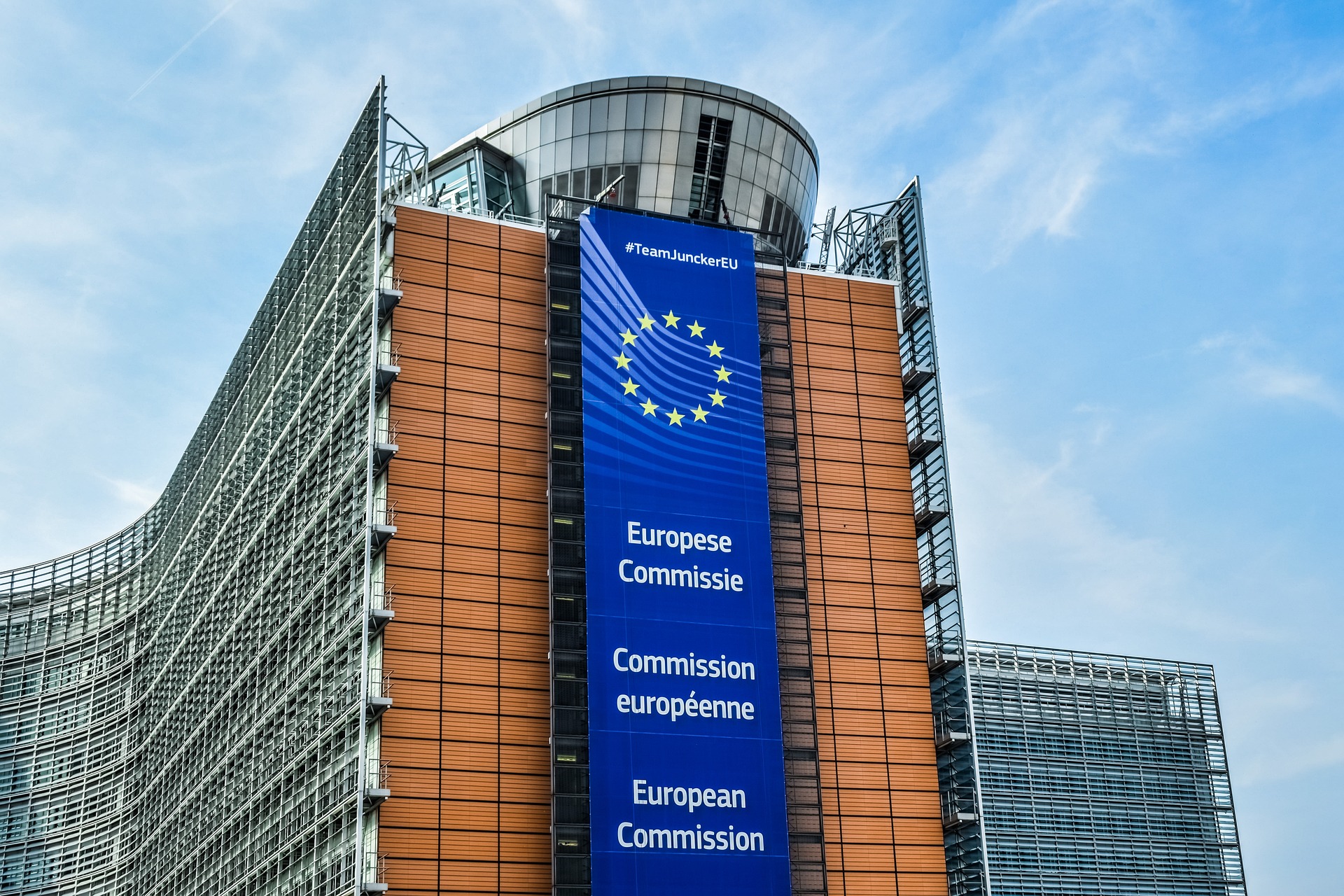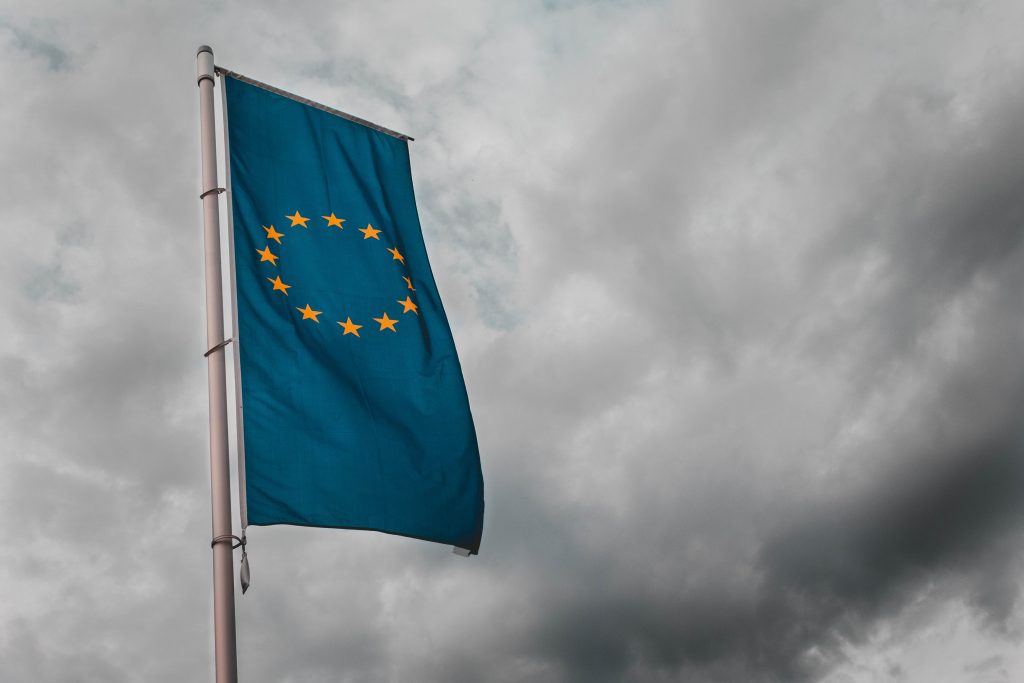European Commission’s Tobacco Products Directive public consultation accused of containing political propaganda
30th Mar 2023

The European Commission’s revision of the Tobacco Products Directive is ongoing. Now the Commission’s public consultation has been reported for containing political propaganda.
This is being reported today by the Swedish online magazine Vejpkollen.se.
At the end of February, the European Commission launched the second part of three consultations to evaluate the legislative framework for tobacco control. Through a questionnaire, stakeholders such as citizens, organisations, researchers, and entrepreneurs are expected to submit their views. The evaluation will form the basis for developing a new Tobacco Products Directive.
“The questions on new nicotine products are far from neutral. The questionnaire states that new nicotine products are a ‘threat to public health’. It only asks how the legislation should address this ‘threat’, not whether it is perceived as a threat or whether the current legislation is working. Inventing ‘a threat’ in this way and calling it an undeniable fact is a clear sign of propaganda”, says Markus Lindblad, Head of External Affairs at Haypp Group, to Vejpkollen.se.
In their complaint, the company writes that the questionnaire lacks neutrality, gives participants the impression of the questioner’s opinion and expresses underlying premises that can manipulate respondents’ answers (read the full complaint below).
According to Mr Lindblad, the questionnaire that EU citizens are asked to answer is even more problematic:
“The questionnaire does not give citizens a fair chance to express their views. It feels very rigged with a clear bias”
Pouch Patrol has previously encouraged readers to report the questionnaire. Readers can find a step-by-step guide here.
Haypp Group’s complaint in detail:
“To avoid misunderstandings and discussions regarding definitions. Propaganda is the systematic effort to manipulate other people’s beliefs, attitudes, or actions by means of symbols (e.g., words). Emphasis on manipulation distinguish propaganda from casual conversation or the free and easy exchange of ideas. Propagandists have a specified goal or a set of goals. To achieve these, they select facts, arguments, and displays of symbols and present them in ways they think will have the most effect.
Considering the definition above, we believe that ‘Political propaganda’ accurately describes the questionnaire.
These questions, in particular, lack neutrality, give the participant an impression of the designers’ view on these matters, and express underlying premises that may manipulate people’s beliefs, attitudes, or actions:
- “Considering the TPD, please rate each of the below product categories according to the level of threat they pose to the public health, particularly among young people.”
- “How severe do you perceive the fragmentation of national and EU regulations on tobacco control?”
The lack of neutrality poses an imminent risk of influencing the participants and their answers. Lack of objectivity includes the choice of words and assumptions reflected in how the questions are asked.
For example, the underlying premise of this question is that these products, in fact, are a threat to public health: “Considering the TPD, please rate each of the below product categories according to the level of threat they pose to the public health, particularly among young people”.
In this context and without nuance, it cannot be ignored that it may be perceived or interpreted as a factual statement, influencing the answers to confirm the European Commission’s pre-existing views on this matter. There are neutral ways to ask the same question.
The underlying premise of this question is that there, in fact, is a severe fragmentation: “How severe do you perceive the fragmentation of national and EU regulations on tobacco control?”
These examples are only two of many questions that carry the same characteristics.
Furthermore, some questions are particularly unbalanced. The form is not adapted to the wide range of products in the tobacco and nicotine field. The following question – especially in its context – gives the impression that tobacco-free products containing nicotine may be banned to achieve a tobacco-free generation or that there will be no market for these products:
“Given the policy objective of achieving a ‘tobacco-free generation’ by 2040 in the European Union, do you feel that your organisation is prepared for a smooth exit from the market (e.g., strategic plans to transition to a different sector)?”.
This sends an undue political signal to market players active in the market for alternative nicotine products. It cannot be excluded that market participants will react to this signal in one way or another. In this way, the European Commission has chosen to present a potential future reality to achieve a desired effect, even though there is very much an ongoing political discussion on these issues.
It is possible to argue and influence people without a single argument. Unfortunately, the questionnaire is a brilliant example of how this could be done.”






